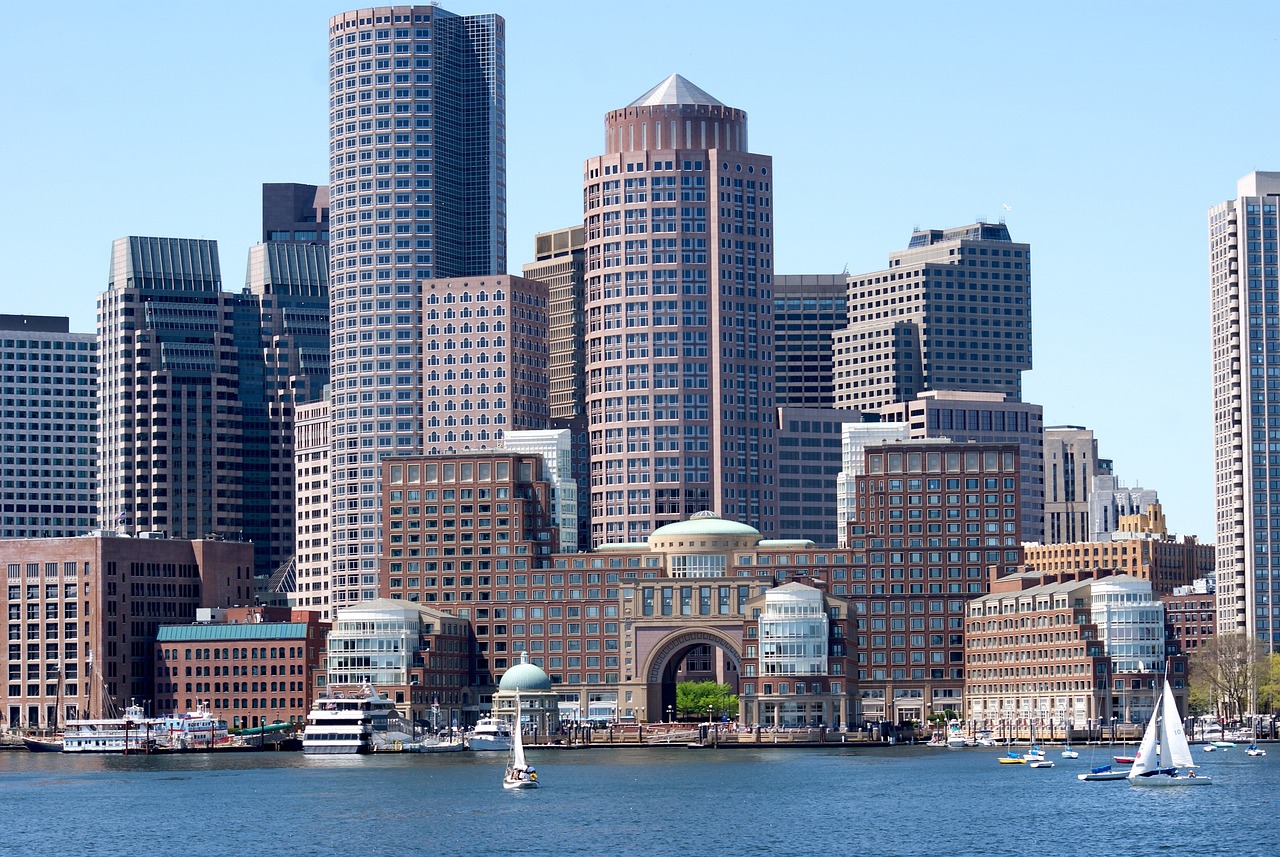Safest Neighborhoods in Boston

Boston is renowned for its robust history, academic excellence, and cultural diversity, among other things. But how safe is it to visit or live in Massachusetts's capital and most populous city? Which parts are the best when it comes to safety?
Like most other prospective residents or visitors of this city, these will likely be among the questions you ask yourself before visiting, moving, or going house-hunting in Boston, as safety is always a top priority.
Thankfully, this piece highlights some of Boston's safest neighborhoods, alongside Boston's general information on safety.
Read on to learn more about securing your own peace of mind in the City of Champions, and perhaps making it your new home!
1. Is Boston, MA Generally a Safe City?
It might not be the safest of its kind in the US but indeed, Boston is generally a safe city. But according to a 2021 publication by CBS on WalletHub's Survey, Boston was ranked number 54 in the safest cities in America. This was pretty impressive, considering there are several hundreds of incorporated cities in the US.
In the City of Champions, violent crime rates are low, and most areas are relatively safe day and night. However, as with any big city, there can be some deviation in safety from neighborhood to neighborhood.
That's why it's important to do your homework before moving or visiting the area to find out which neighborhoods have proven themselves over time to be the safest.
2. Some of Boston's Safest Neighborhoods
When researching which neighborhoods to reside in, it's important to weigh all of your options before making a final decision. To help make it easier, here's a sneak peek about Boston's safest neighborhoods.
West Roxbury, Roslindale, Jamaica Plain, South End, and Brighton have been consistently listed as some of the safest suburbs with low crime rates according to city data over time. There are also more rural suburban enclaves such as Needham, Wellesley, and Natick that further provide safety for those looking for a change of scenery from inner-city life.
3. What to Look for When Choosing a Safe Neighborhood
When choosing which neighborhood is right for you and your family, there are several safety factors to consider. Besides scrutinizing your target home's basic safety features like the apartment's doors, locks, lighting, and such, you should also consider the neighborhood's:
• Accessibility to reliable public transportation
Having access to safe and convenient public transport will make getting around town easily accessible while still providing security on the ride;
• The proximity of police station and firehouse
It's always helpful having these services close by;
• Intercom systems at entrances
These can be a great deterrent for potential criminals since their presence makes it harder for them to enter the premises undetected. While smart intercom systems are especially popular in gated communities and other shared living areas, they are also an essential security add-on for privately owned homes.
• CCTV surveillance cameras in public areas
These cameras help nearby authorities by catching criminal activity as early as possible due to watermarking technologies that identify objects/people caught throughout monitored streets or designated hotspots.
4. Tips for Keeping Yourself and Your Home Safe in Boston
Of course, living in the safest part of the planet doesn't necessarily give you a ticket to be sloppy. Even the white house, despite being heavily guarded, definitely has some of the highest quality locks on basically every door you can imagine!
Once you've determined where to live and know the security features to look for in a new home, it pays to consider these few tips that can help you stay safe:
- Don't leave valuables lying around – do your best to secure items of value at home or store if needed
- Always lock your door — even when just leaving the house for a second, double-check that all doors are securely locked
- Avoid walking alone late at night – if it can help, it's best not to venture too far from where you feel comfortable by exploring on foot during off hours
- Be aware of local emergency numbers – familiarize yourself with uniformed emergency contact information such as fire departments, police stations, and medical aid providers.
At the end of the day, it is always best to conduct ample research before picking out a neighborhood that meets your needs. Hopefully, the above few tips will help you find a home in just the right neighborhood for your needs without leaving you with safety concerns.